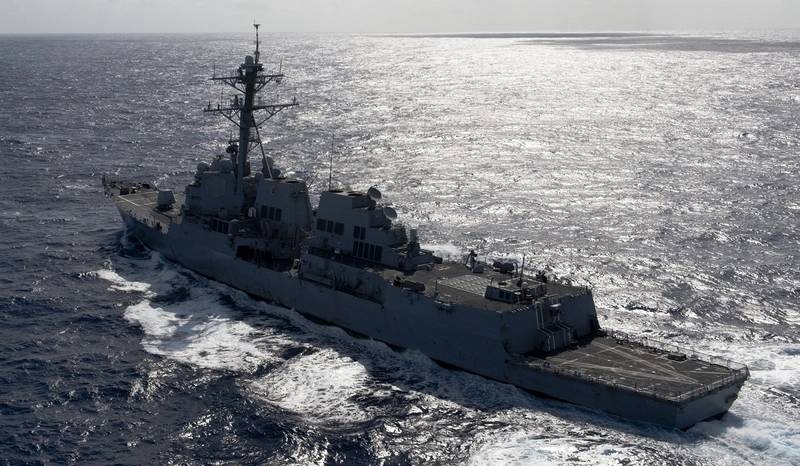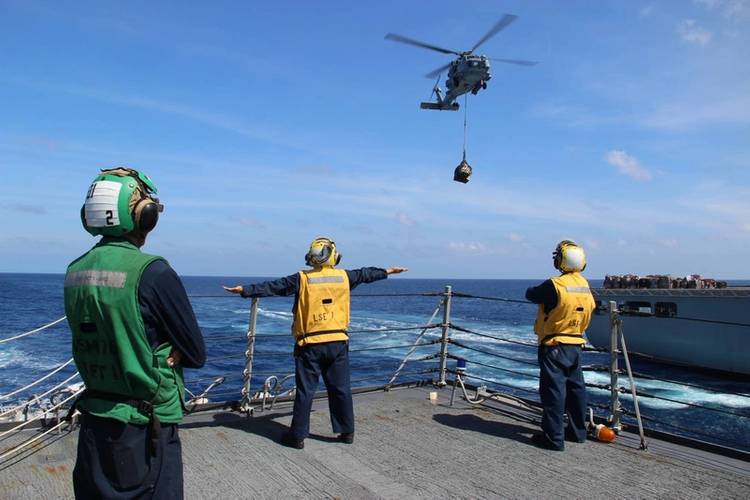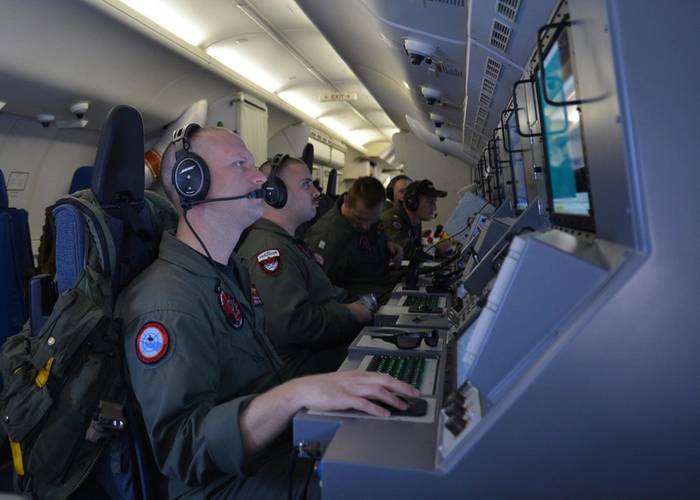US Navy Ship Pulls out of MH370 Search
The U.S. Navy announced that its ship USS Kidd and MH-60R helicopters will detach from the MH370 search and rescue (SAR) effort as of March 18 after searching a combined 15,000 square miles of the Andaman Sea since March 10.
The decision was made in consultation with Malaysia’s government, the U.S. Navy said in a news release.
So far no debris or wreckage associated with the missing aircraft was found, the Navy said.
"The dedication of this crew is amazing. 314 Sailors were out here operating for 24 hours a day, standing extra watches and volunteering for extra duties because they knew if it were their loved one missing on MH370, they'd want the best U.S. Navy capabilities involved in the search," said Kidd's Executive Officer Commander T.J. Zerr.
Replacing the USS Kidd, the U.S. will launch long range patrol aircraft such as the P-8A Poseidon and P-3C Orion that have the capability to cover up to 15,000 square miles in one 9-hour flight, which the Navy said are more suited to the current SAR mission as the search area expands into the southern Indian Ocean. The P-8 and P-3 can search larger areas with their advanced surface search radars and electro-optical sensors as well as fly low for visual identification when needed.
USS Kidd will proceed South through the Strait of Malacca to the South China Sea for follow-on operational tasking as they were when the search operation started. The U.S. Navy will move its P-8 Poseidon to Western Australia to better support the expanding SAR efforts to the South.



















